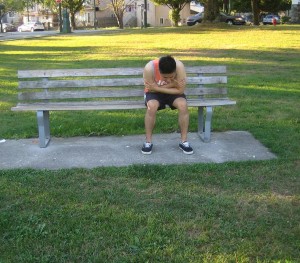Yellow fever is a potentially serious flu-like ailment transmitted by mosquitoes. The condition is characterized by jaundice and high fever. Take note that jaundice is the distinctive yellowish tinge to the eyes and skin.
The condition does not have an available cure, but can be prevented with a vaccination.
What are the signs?
It is important to note that yellow fever rapidly develops with signs that manifest within 3-6 days after exposure.
The primary signs of an infection strikingly resemble the flu virus which includes:
- Muscle pain
- Headache
- Fever and chills
- Joint pain
Acute stage
This stage typically lasts for 3-4 days with common signs such as:
- Fever
- Joint and muscle pain
- Headache
The condition is characterized by jaundice and high fever. - Back pain
- Flushing
- Shivering
- Appetite loss
After the acute phase, the symptoms eventually settle. Many can recover from yellow fever at this point, but some progress to a serious phase of the condition.
Toxic stage
The symptoms that were present in the acute stage might subside for up to 24 hours. If the condition progresses at this stage, the symptoms recur along with serious ones such as:
- Abdominal pain
- Diminished urination
- Seizures
- Issues with the heart rhythm
- Vomiting
- Bleeding from the mouth, nose and eyes
- Delirium
At this point, the disease is often deadly, but it is uncommon to reach this phase.
Management of yellow fever
Since there is no available cure for yellow fever, the treatment is aimed on managing the symptoms and helping the immune system fight the infection by:
- Administration of oxygen
- Increasing the intake of fluids intravenously
- Blood transfusion
- Maintaining the right level of blood pressure
- Dialysis if kidney failure is present
- Treatment for other infections that might arise
What is the outlook?
Almost half of cases who develop serious symptoms of yellow fever die. The elderly and those who have weakened immune systems face the highest risk for developing serious complications.

